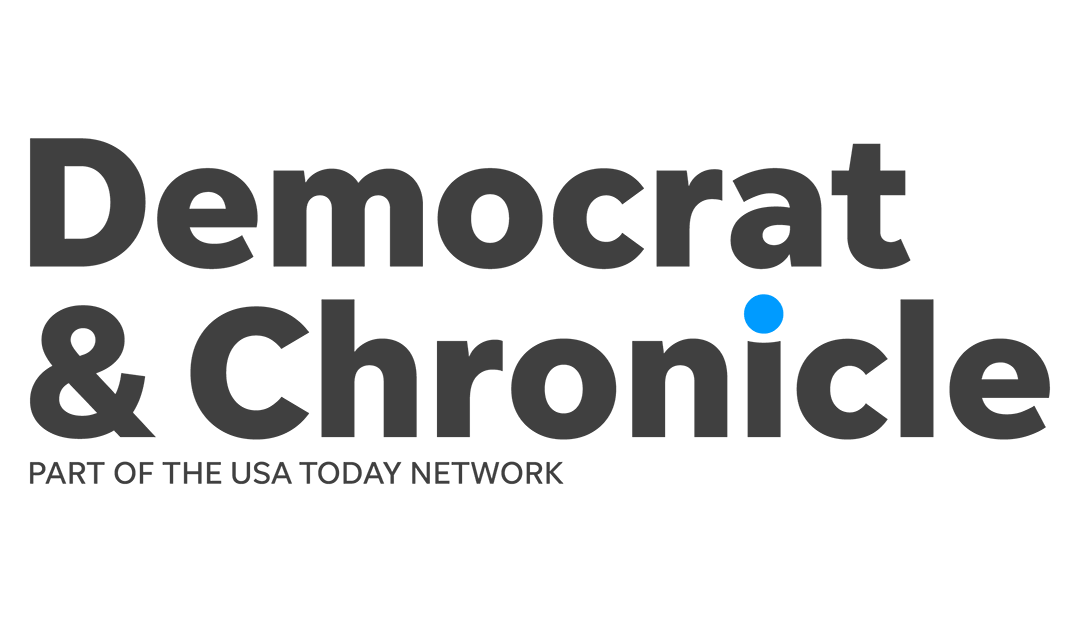Gary Craig is the leading investigative journalist for the Democrat & Chronicle, which is a newspaper that has been in production for nearly 180 years. Mr. Craig started working for the D&C back in 1981 and has been in his position for 40 years. He decided to enter the field of journalism because of his passion for writing. After majoring in English, Mr. Craig decided to work for a small newspaper. There, he got his first experience with what being a journalist was really like and became fascinated with the concept of journalism.
Since he first entered his field, Mr. Craig has believed that in order to be a good journalist you must have a relationship built on trust with those around you. He had an impactful experience with a police officer who left a negative review of his article involving the criminal justice system. Years later, the officer personally got in touch with him and apologized. This is the type of relationship he believes is firmly based on trust, where the people who are reading your article don’t view you as a mere writer but feel comfortable enough to treat you like a real human being and see you as more than just a name beneath an article.
One of the largest issues Mr. Craig has encountered in his career is the consistent downsizing of staff. Fewer people to gather information means fewer journalists, who are given larger workloads and less time to write. The D&C has given him an incredible amount of freedom over what he writes, but that freedom is compromised by the tight schedules and larger workloads. This issue has become more prevalent in modern times, and this isn’t just affecting him – journalists from many different newspapers are facing the same issue. This also has a larger effect on journalists who have been in the business for a longer amount of time. There is a clear sense of guilt journalists feel when they’re unable to report on everything that happens. Mr. Craig states that “This isn’t as much of an issue for those just entering journalism, because they have a more realistic view of what they can accomplish in the more limited timeframe, as this is their first experience within journalism. They don’t have that sense of what it used to be, and don’t need to waste any time getting used to the new”.
This new world of journalism includes social media, and it has changed the way many journalists view their work. For instance, Mr. Craig used to wait to receive feedback from his peers or individuals reading the paper, but with platforms like Twitter feedback is quick and simple. Mistakes like spelling errors in written work can be pointed out and corrected quickly to avoid embarrassment. But social media certainly hasn’t been all positive for journalists. The feedback received through social media can be brutally harsh and completely unwarranted – some users even swear. This type of negative feedback can not only damage a journalist’s reputation but also hurt their confidence in their writing. Mr. Craig states that “One of the biggest problems is that co-workers of mine can become almost obsessed over how their writing is perceived on social media, and this makes it difficult for some to adapt to understand what is real criticism and what should be ignored for the writer’s own mental health”.
When asked about the future of independent journalism (journalism free from government influence) Mr. Craig said that the web has definitely improved independent journalism due to the huge amount of original content. The real problem is that independent journalism is losing its ability to make profits because free media is easy to access via the internet. Free online news sources have certainly damaged the public’s incentive to pay for news. The only issue with this, Mr. Craig stated, is that “people allow their ideology to dictate what news sources they use, meaning that certain sources may be outed by a person if they don’t agree with its contents. This has more of a negative for people obtaining legitimate information from the news, as certain news sources may alter the information to appeal to its audience”.
If you are an Upper Schooler who wants to become a journalist, Mr. Craig recommends focusing on your essay writing skills. This is critical, especially on the internet, as information is almost always presented in a written format. He also advises that you choose courses based on the specific type of journalism you are interested in. For example, if you want to write about crime/politics, take courses involving the legal system in order to familiarize yourself with the information you are going to be writing about.


Recent Comments